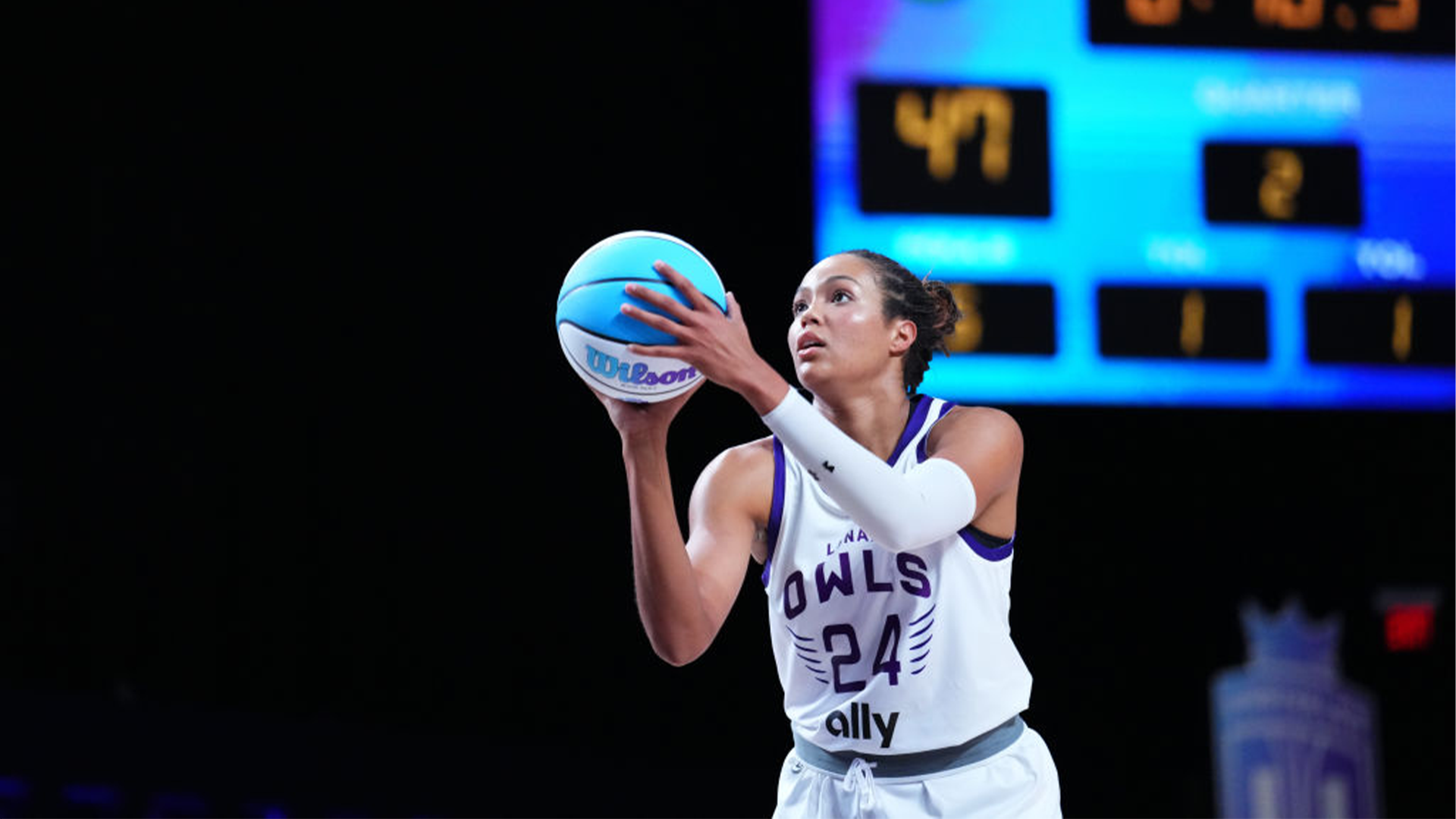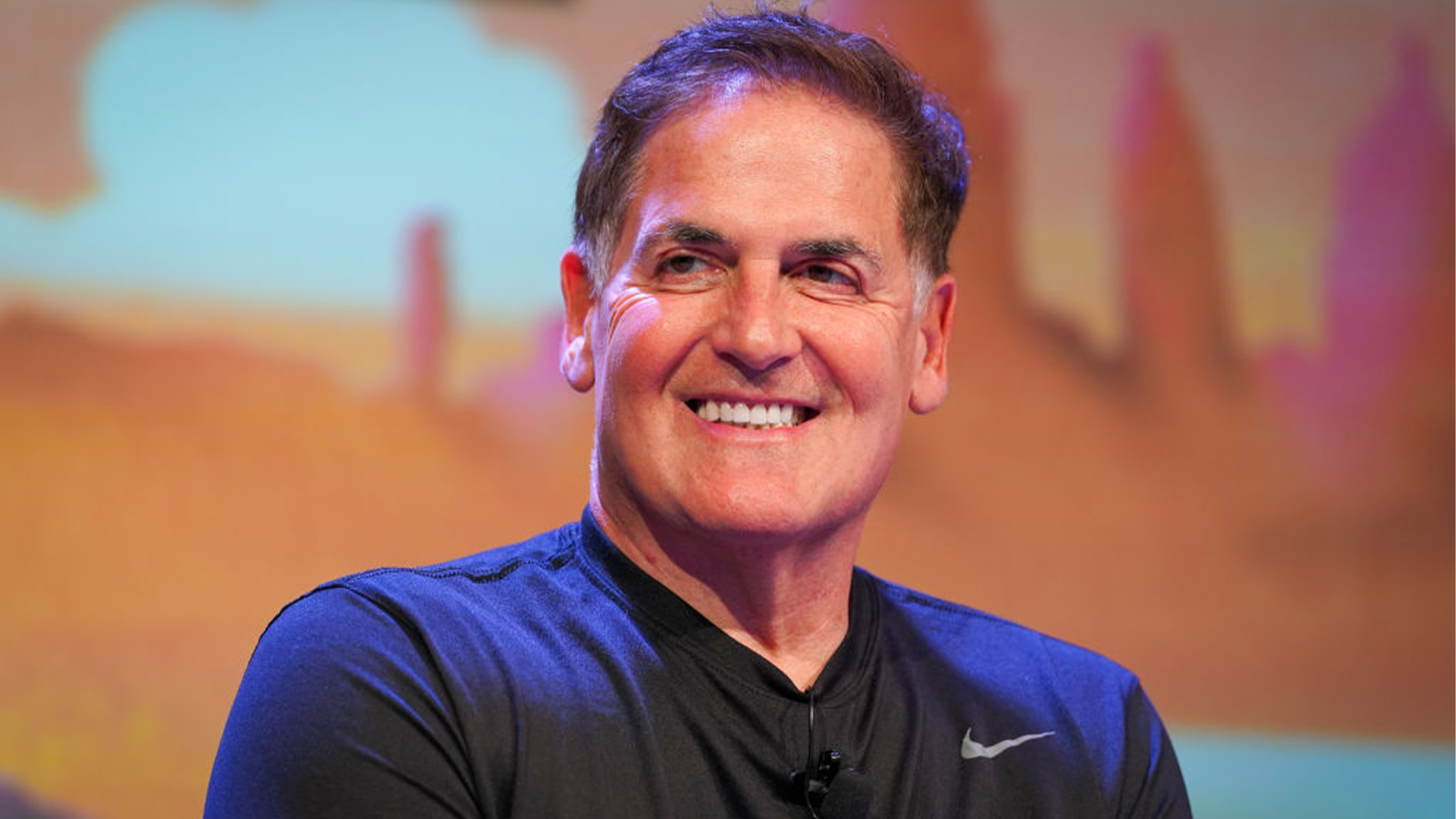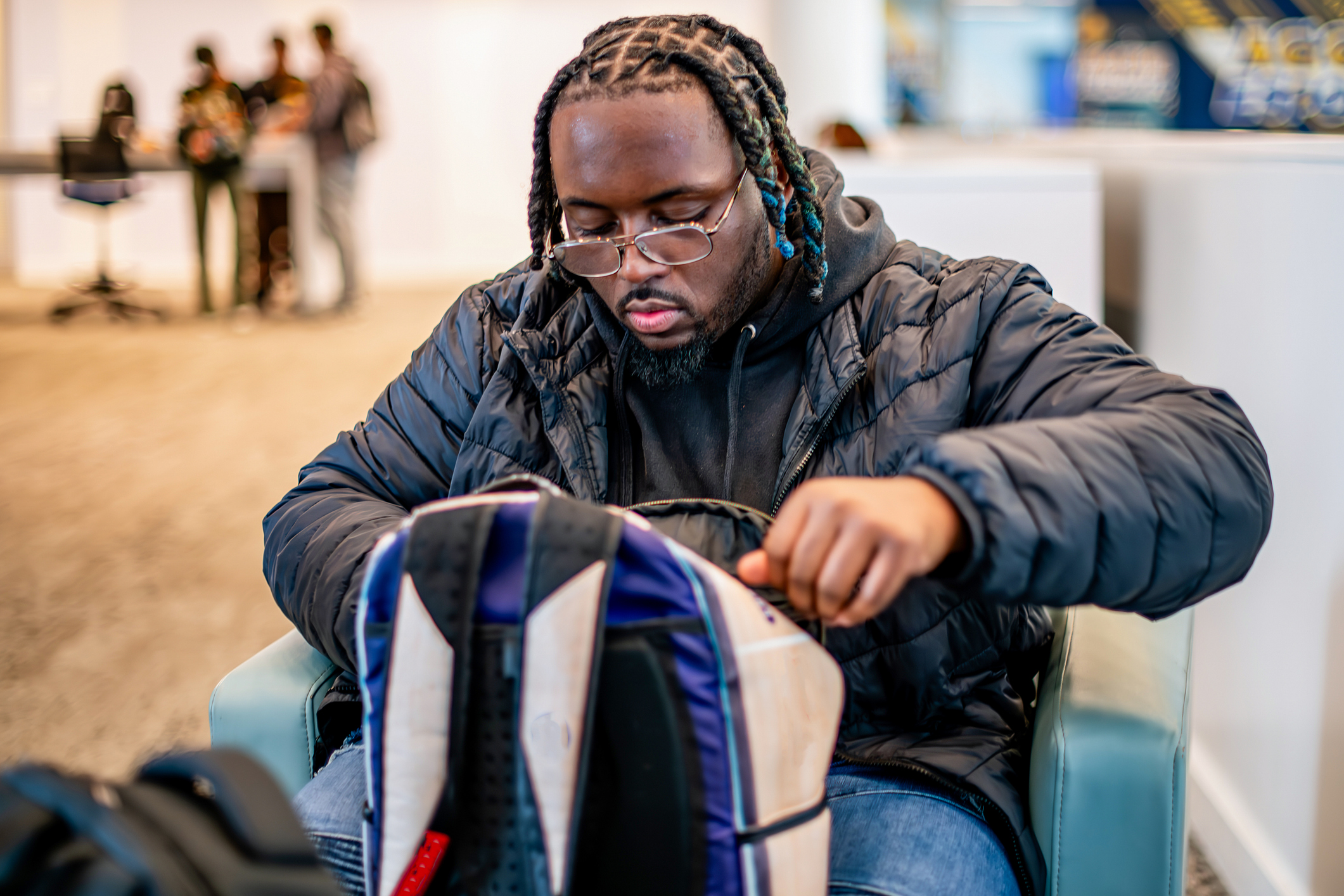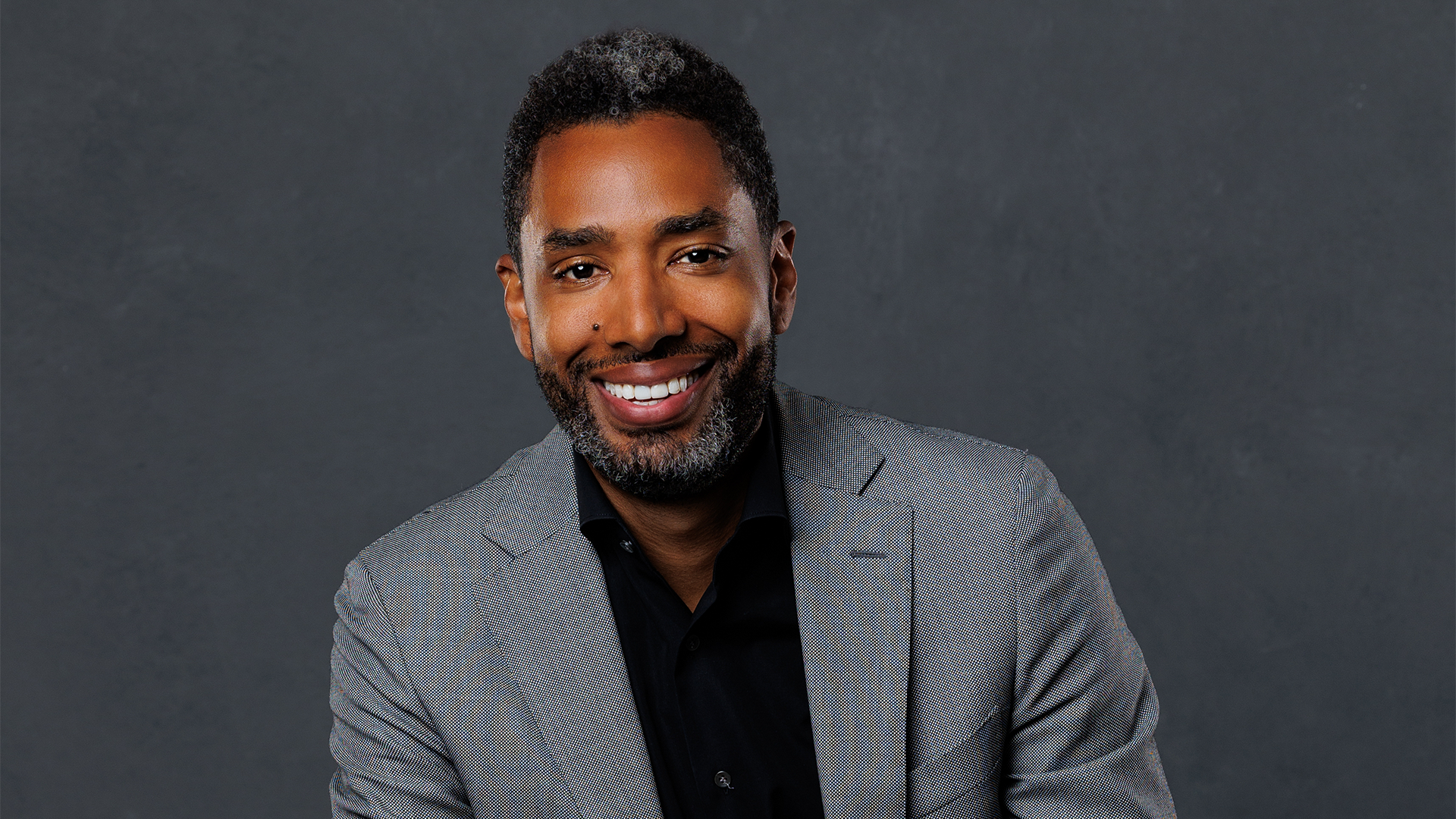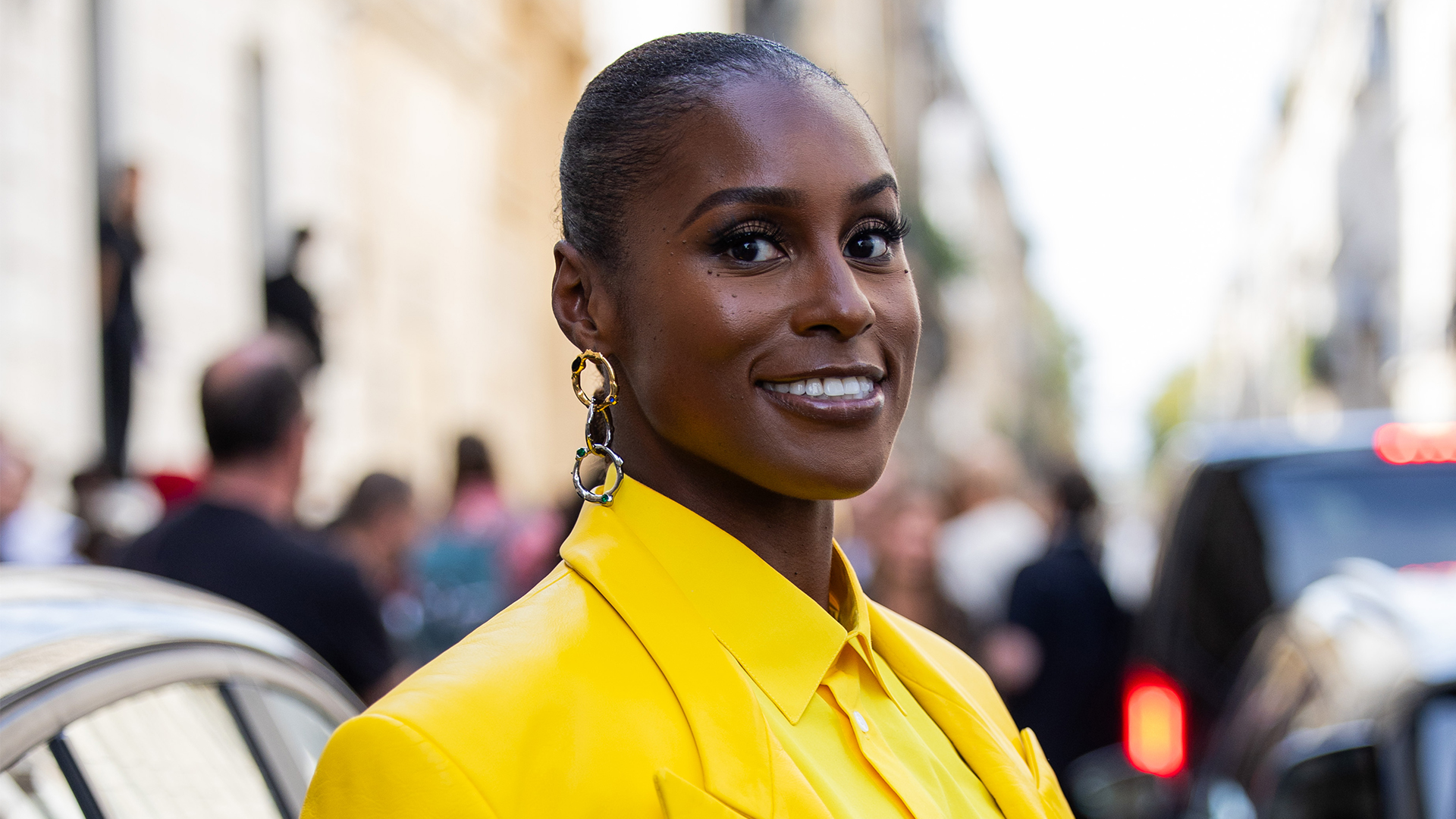LaNell Williams is a doctoral candidate in physics at Harvard University and only the third Black woman to do so at the Ivy League institution, ever. Williams has been a high-achiever her entire life, and Harvard isn’t the first prestigious institution she’s attended. She received an undergraduate degree in physics, from the well-regarded Wesleyan University and then a master’s in physics from the historically-Black Fisk University.
However, she didn’t always dream of being a scientist. She grew up in a lower-middle-class neighborhood with a father who had spent his youth as an activist. Her father — who grew up in rural South Carolina — was a journalist/activist and was one of the first Black students admitted to Princeton University. He later got kicked out because of his close friendship with hippies who were involved in race riots in the 70s. Throughout her childhood, Williams felt the pull to continue in her father’s footsteps and fight for her community in social justice matters.
She was a straight-A student at a Catholic charter school in her hometown, but her school didn’t have physics or calculus classes. At the time, this seemed inconsequential because her sights were on a public service career. Although she consistently scored at the top of her class in math and science standardized tests, the idea of a scientific career never occurred to her. Williams, the kid, always considered scientists to be white men with long beards.
The Experience That Changed her Life
The turning point happened in her junior year of high school when her school’s chancellor approached her about her test scores. He told her that she’d outperformed all her classmates in all math and science tests and asked her if she’d considered studying engineering. The conversation shocked her. He urged her to attend an engineering event at a local university.
“They had us build a motor with rubber bands and paper clips and batteries. At the end — when the motor was running — I was like ‘Oh my god, how did I just do this?!’ I thought it was so cool,” Williams said.
The sense of accomplishment overwhelmed her. With this new spark ignited in her, she enrolled in a summer camp for women in the sciences at Smith College. Williams enjoyed it so much that she decided to major in the sciences in college.
However, her early undergraduate years were tough. She hadn’t taken any physics or calculus classes in high school and was woefully underprepared for the undergraduate physics courses.
Why she Kept Going
During her early semesters as a physics undergraduate, she approached her academic advisor for advice about how to do better in her physics courses. She recalls his insistence that maybe she simply wasn’t cut out for physics and would be better off pursuing an African-American Studies major. Despite the negative experience, she stayed true to her original goal. Still, the interaction gave her a glimpse into the way the academic community viewed her as a Black woman studying the sciences.
“I’ve always been stubborn. If you want to get me to do something, just tell me I can’t do it. Then I will go out of my way to show you that I can,” Williams said.
Graduate School
Although Williams loved studying physics — based on the feedback she commonly received from her undergraduate professors — she never thought that grad school would be an option for her. She recalls how the narrative surrounding her suddenly changed when she finished her Master’s program at Fisk University and got into Harvard to pursue her Ph.D.
“Oh, LaNell did so well in my master’s program,” or “She was such a hard worker when she was here,” or “We knew she was gonna make it.” The very professors who’d been trying to talk her out of pursuing physics were suddenly singing her praises.
The Diversity and Inclusion Conversation
Williams is now working to make sure that other Black and brown women like herself have the support and guidance that she craved as a young student. Through her Women+ of Color program, she helps women studying physics, astronomy, and related fields with the resources they need to apply and get into graduate school.
There’s no denying that Williams has done well in her chosen field, but she works hard to dispel the notion that she is an ‘exceptional’ Black person. To Williams, this attitude is often just as damaging as traditional racism because it insinuates that an intelligent Black person is an anomaly.
Williams also points out that in the conversation about diversity and inclusion, race makes up only part of the story. Socioeconomic factors should also be part of the discussion. Even as she sought to connect with fellow Black students at Harvard, she found a disconnect between herself and Black students from more affluent backgrounds.
The Five Year Plan
She laments that academia’s culture is still inhospitable to Black and brown scientists, and she’s considered an industry career many times. In fact, several companies have expressed interest in recruiting her. For now, she enjoys the investigative process of research science.
“I want to go into academia. I love teaching. I love the research process,” she said. “The more I interact with academics, and the more I involve myself with academia, the more I — unfortunately — like it. “
The Black Tax
Like many other successful Black professionals, Williams sometimes feels the pressure to take a higher-paying job in the technology so she can help support her family.
“I have considered dropping all my likes and wants for the money. But, not for myself. I have this part of myself that really wants to take care of my family and give them a better life,” she said. “But, I’m striving for something greater. I want to be a scientist and impact my community at the same time. And I think I can do that as a professor.”
Message to Black Women in Science
“All I’ve ever been told — since the second I stepped into a PWI — is that I’m reaching too high, that I need to lower my standards,” Williams said.
The message often comes from within the Black community itself. While she never listened to the naysayers, she laments that many women do abandon their dreams when confronted this way. According to her, there are qualified women out there not pursuing higher education in STEM because they believe they are doomed to fail before they even apply. She also points out that frequently, the negativity comes from people who don’t know what they’re talking about.
“These people are not even at Harvard who are saying these things to us before we even apply,” Williams said.
She encourages women and people of color to block out the negative chatter and become strategic about their goals.
The Women+ of Color program, in which she’s very active, allows prospective students to interact with faculty and other women in similar positions. They also focus heavily on helping women with their graduate school applications and essays. Women+ of Color Project was funded by the Heising-Simons Foundation through Professor Jenny Hoffman.
This piece has been edited for clarity since its original publishing date of December 4, 2019.





